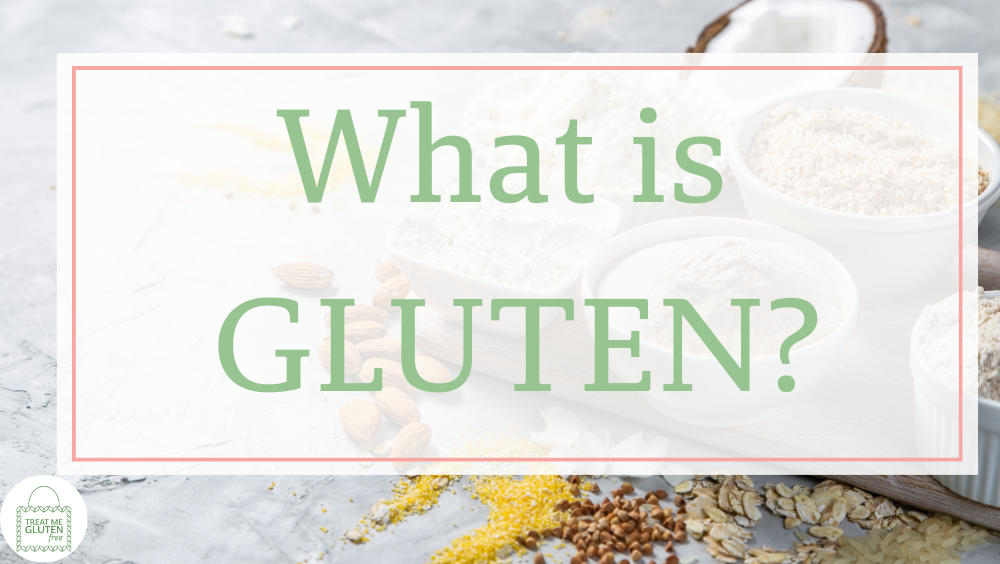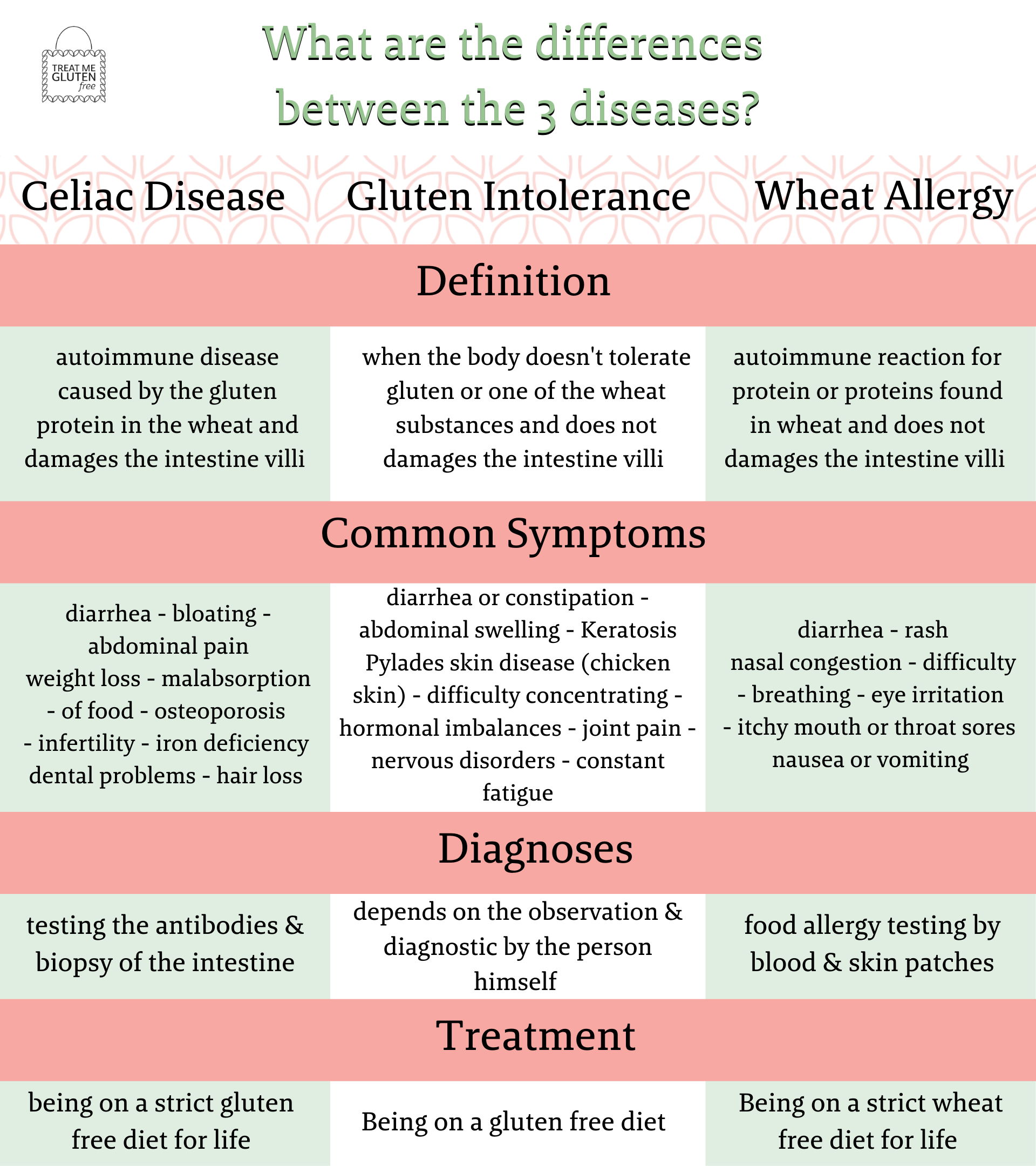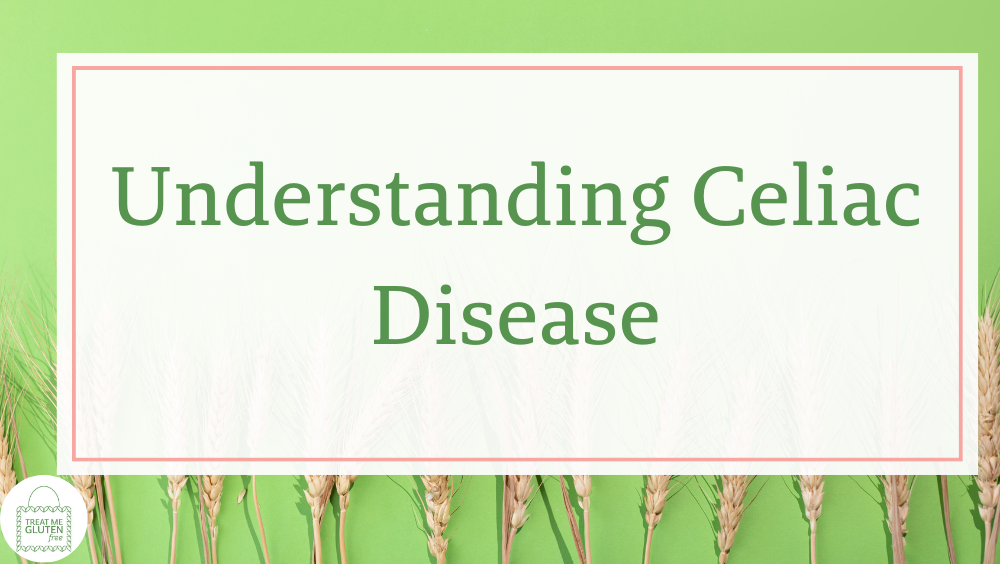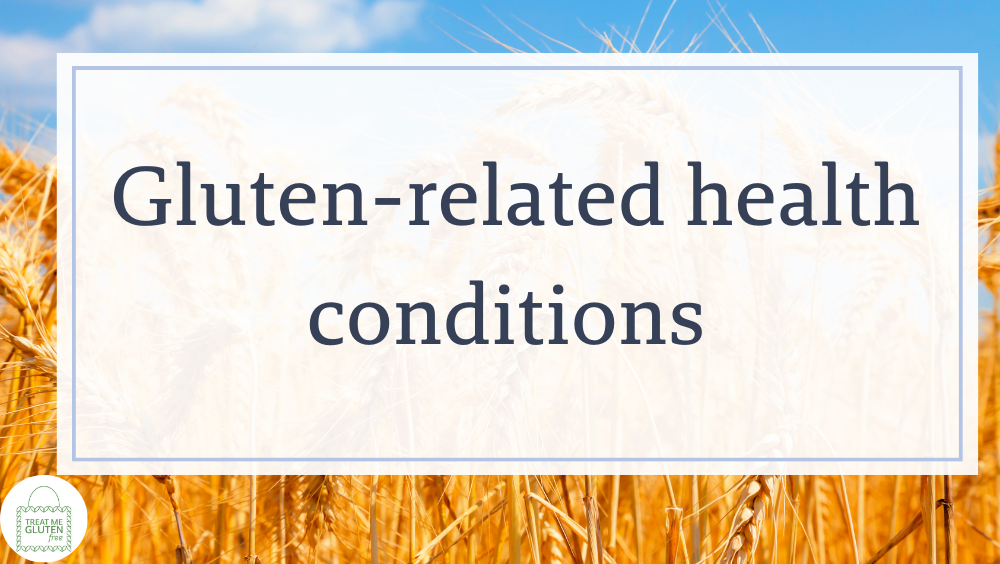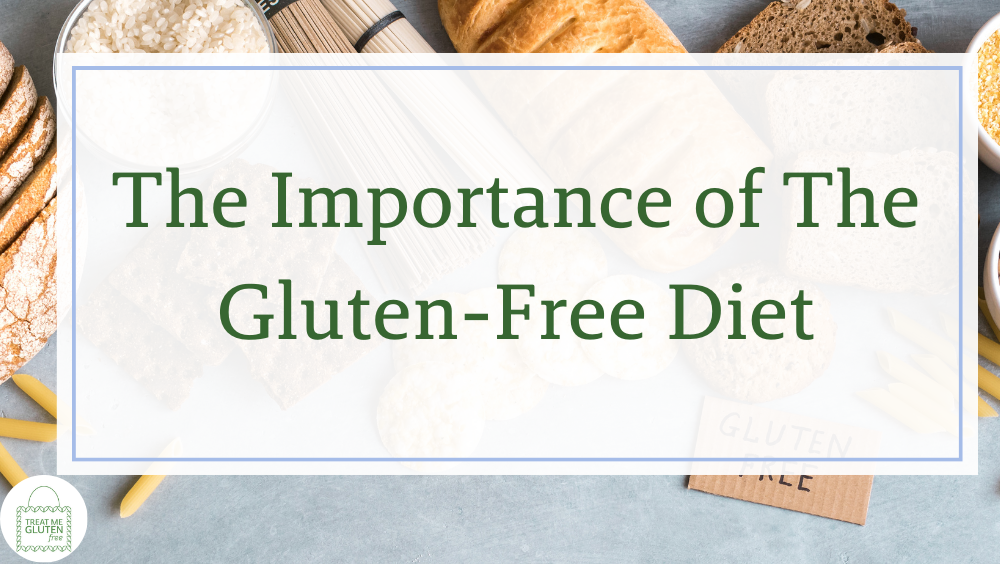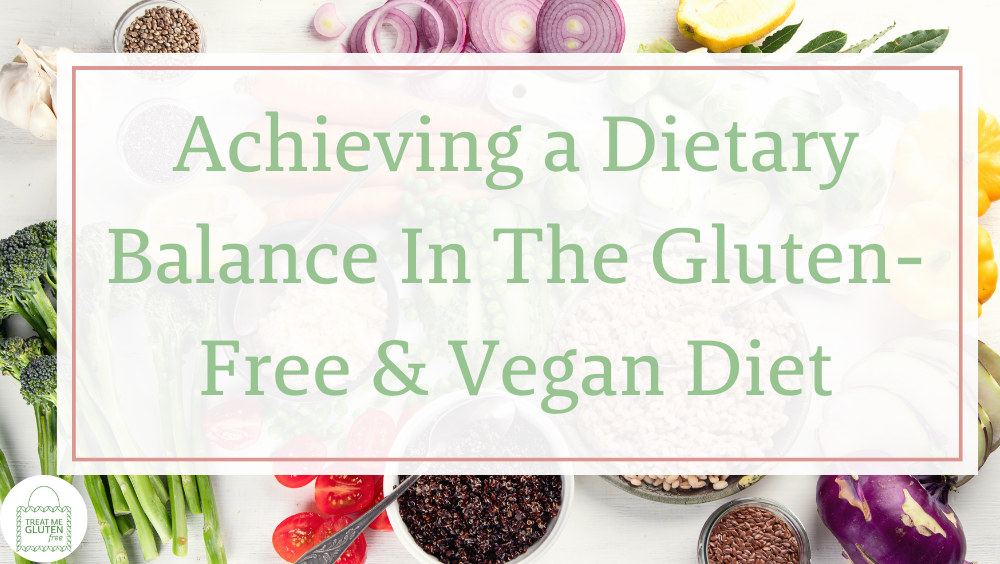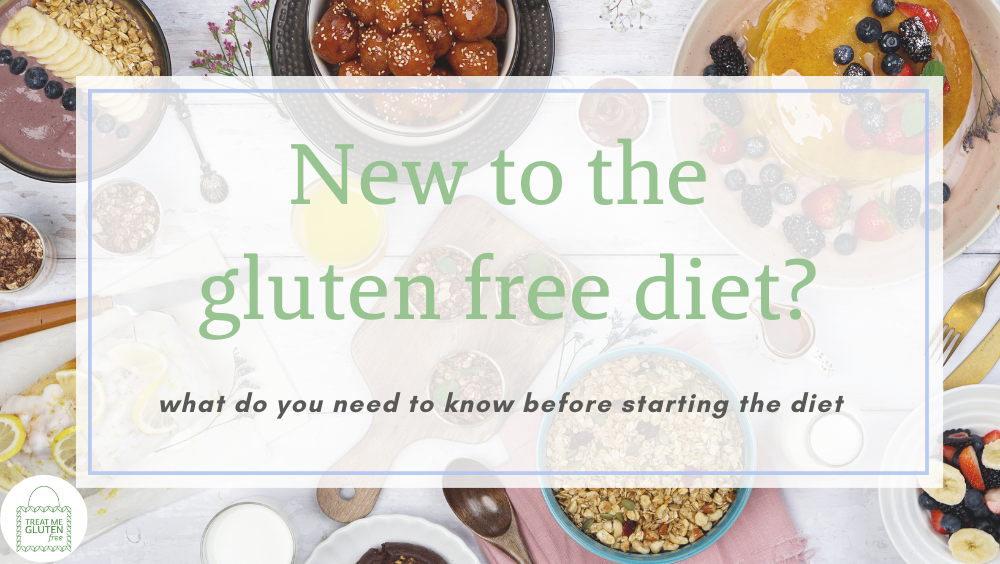Several controversies surround gluten. Some sources state it’s safe for everybody except people who have celiac disease. In contrast, A few medical experts believe that gluten intake harms most people.
We will explain what you should know about gluten, its sources, health problems associated with it, and gluten-free diets as an alternative.
What is Gluten?
We often hear the word gluten, but what exactly is gluten? Gluten is a protein found in wheat, rye and barley, and other grains.
Wheat is the most common gluten-containing grain. Gluten derived its name from the Latin word “gluten,” meaning “glue.” It is due to its sticky and glue-like properties in the wet dough.
This peculiar property of gluten gives the dough an elastic look and helps the bread rise when baking. Gluten also offers a chewy and pleasing texture. It is often used as an additive, stabilizer, or thickener to enhance and improve moisture retention in various processed foods.
Gliadin and glutenin are the two major proteins in gluten.
However, gluten may affect the digestive system of individuals with gluten intolerance, coeliac disease, and people allergic to the protein.
What are the foods that contain gluten?
You can find gluten in various whole and processed foods, including:
Grains
Grains that contain gluten are wheat bran, whole wheat, rye, spelt, couscous, semolina, barley, bulgur, durum, Kamut, farina, wheat germ, farro, cracked wheat, matzo, einkorn, etc.
Processed grain-based foods
Processed products that may contain gluten are breadcrumbs, bread, crackers, seitan, some veggie burgers, pastries, cookies, pasta, wheat-containing soba noodles, etc.
Other foods and beverages
Malt vinegar, barley malt, soy sauce, some spice blends, sauces or gravies thickened with flour, flavoured chips, bouillon, certain broths, beer, certain salad dressings, some wine types, etc.
Problems associated with gluten
Most people show no adverse effects after consuming gluten-based foods. The problems or health issues associated with gluten are prevalent in individuals with gluten intolerance, although normal people can be sensitive to it at any level in life.
The common health problems that link to gluten protein are gluten intolerance, celiac disease, wheat allergy, epilepsy, dermatitis herpetiformis, and more conditions.
This table shows the differences between the common gluten-related diseases:
wheat allergy, gluten intolerance, and coeliac disease.
How to live a gluten-free lifestyle
Living a gluten-free lifestyle is becoming more popular these days. People are looking to live healthier, enjoy a better quality of life, and avoid the possibility of some illness. Getting well with food is an essential step in this process.
Choosing healthy, delicious gluten-free meals can be challenging, especially if you feel overwhelmed or stressed about trying something new.
If you are getting processed food, read its label to ascertain whether or not it contains gluten. Foods carrying these labels include but are not limited to:
- Naturally gluten-free foods or drinks.
- Prepared foods without gluten-containing ingredients.
- Foods free from gluten-containing ingredients contaminations during production.
- Gluten-containing foods that have been processed to remove gluten
In a Nutshell
Gluten does not pose a health risk to the majority of the population. However, a gluten-free diet is a more preferred alternative to gluten foods, especially for those with allergies, gluten tolerance, or celiac disease. Therefore, this group of people must remove gluten-containing foods from their diets to prevent harmful, adverse reactions.



